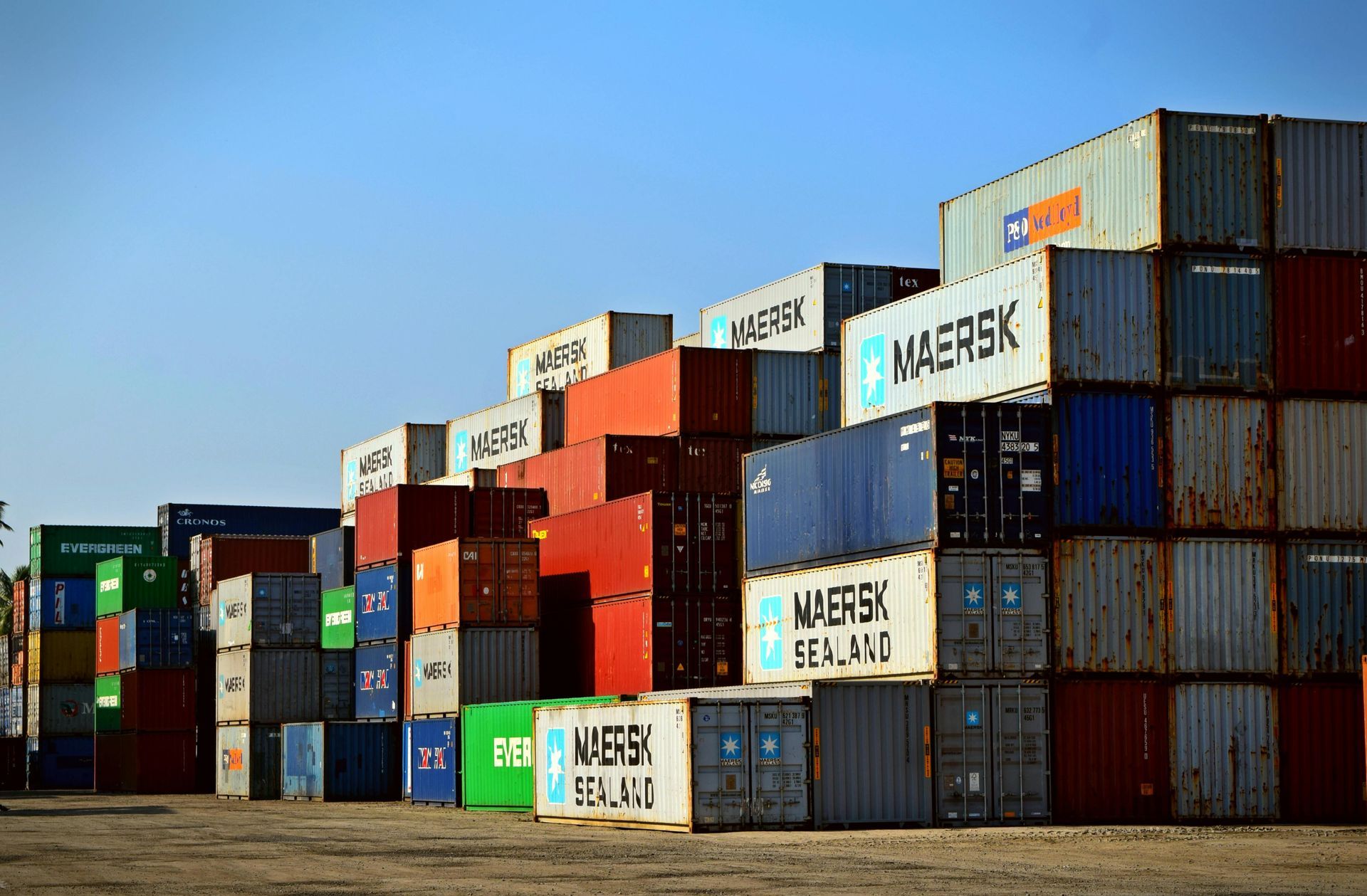The High-Stakes Challenge of Shipping a Car Overseas
Imagine this: You’ve just purchased a high-end, custom-built vehicle from another country. It’s a rare find, a dream car that’s nearly impossible to get locally. You’ve lined up everything—the paperwork, the shipping company, and the logistics—but then, the unexpected happens.
Your vehicle is stuck in limbo, caught up in a bureaucratic maze of customs regulations, transport delays, and unexpected fees. The process that seemed straightforward quickly turns into a logistical nightmare.

International Car Shipping: More Complicated Than It Seems
Shipping a vehicle across borders is not as simple as booking a flight. There are multiple factors at play:
- Customs Regulations – Every country has strict import/export laws, often requiring extensive paperwork and inspections.
- Shipping Restrictions – Certain vehicles may not meet emission or safety standards in the destination country.
- Logistical Hurdles – Weather conditions, port congestion, or changes in shipping schedules can cause unexpected delays.
- Costs & Fees – Import taxes, duties, and shipping fees can add thousands of dollars to the process.
When Things Go Wrong: A Real-Life Example
A business executive recently attempted to ship a limited-production luxury car overseas for an upcoming event. Everything seemed to be in order—until the vehicle was denied entry at customs due to a missing compliance certification.
With no way to immediately resolve the issue, the car was held at port storage for weeks, racking up fees while the owner scrambled to meet regulations. The vehicle eventually arrived one month late, missing the event entirely. The lesson? Preparation is key.
How to Avoid Shipping Nightmares
If you're planning to ship a car internationally, here’s how to prevent costly delays and frustrations:
1. Research Import Laws Before You Ship
Some countries ban specific car models or require modifications before they can be legally imported. Always check with customs authorities in advance to avoid surprises.
2. Work With a Trusted Shipping Company
Choose an experienced transport provider that specializes in international auto shipping. A reliable company can handle the paperwork, customs clearance, and logistics, reducing the risk of complications.
3. Secure the Right Documentation
Most shipments require:
- Vehicle title and registration
- Bill of sale
- Customs declarations
- Compliance and emissions certifications
Failure to provide the right documents can delay your shipment for weeks.
4. Understand the Costs Upfront
Beyond the base shipping fee, factor in:
- Import duties & taxes (which vary by country)
- Port storage fees (if delays occur)
- Customs brokerage costs
5. Choose the Right Shipping Method
- Container Shipping – Offers maximum protection but is more expensive.
- Roll-on/Roll-off (RoRo) – More affordable, but your car is exposed to the elements.
- Air Freight – The fastest option, but incredibly costly.
Planning Ahead is Everything
Shipping a car internationally is possible—but only if you plan carefully and work with the right experts. The difference between a smooth delivery and a frustrating delay often comes down to preparation.
If you’re considering international vehicle transport, make sure to work with a trusted shipping partner who understands the complexities of overseas auto logistics. A little preparation today can save you time, money, and stress down the road.
